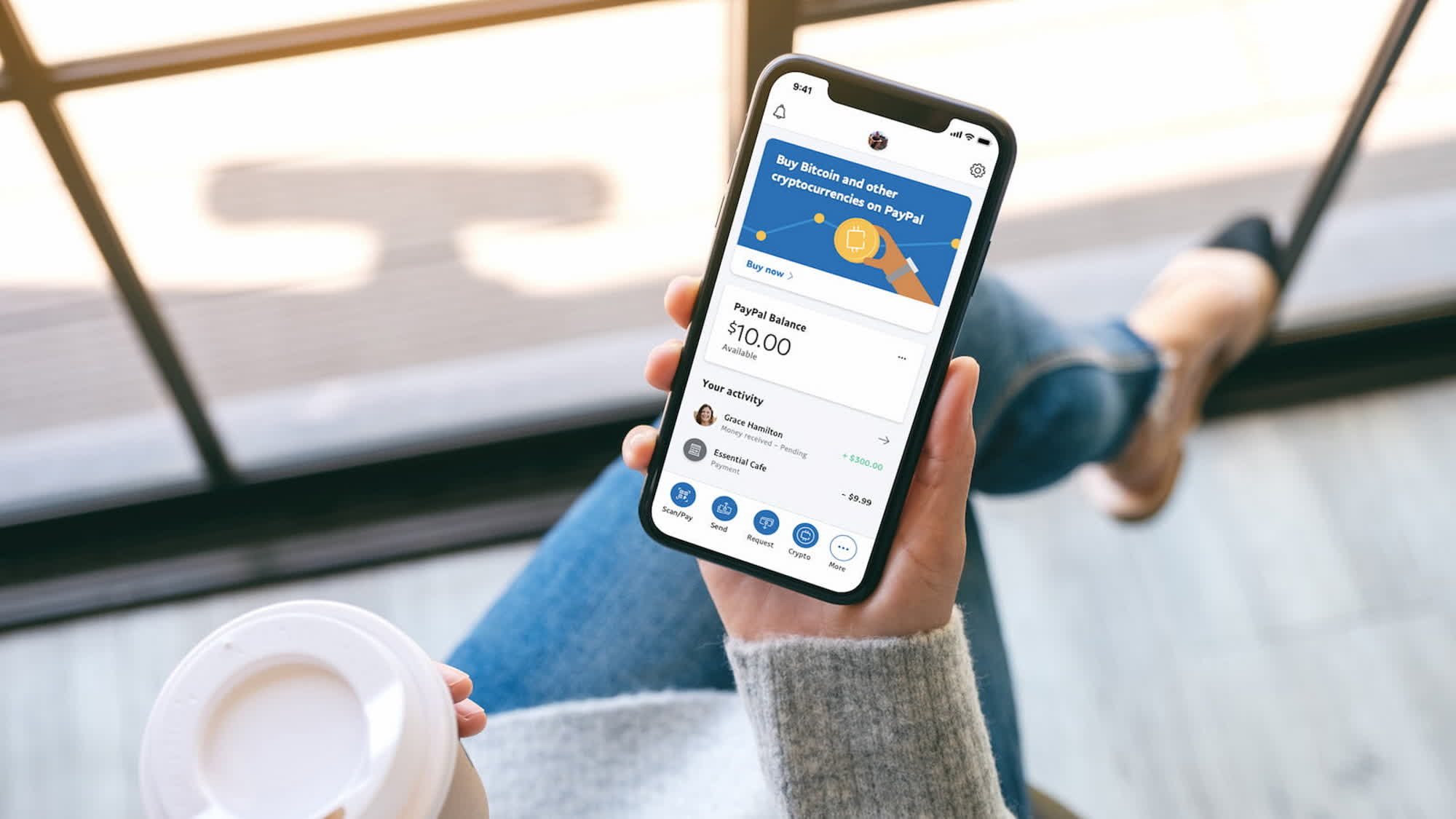[ad_1]
The big picture: Payment apps have become one of the most popular ways people spend and move their money around these days. But customers are likely using those apps wrong, the US government warns, and they could face a total loss in case of corporation failure or new financial crises.
The Consumer Financial Protection Bureau (CFPB) recently released a report on payment apps, a means to transfer funds which is being increasingly used also to store money. In the US alone, over three-quarters of adults and 85% of younger consumers (18-29) have used at least one payment app, leading to a transaction volume of approximately $893 billion in 2022 alone.
The so-called “P2P payment” apps such as Venmo, Paypal and Cash App are “nonbank” organizations that offer payment services tailored for the digital market. In the end, the CFPB warns, their inability to offer proper, bank-like insurance could lead to economic instability issues. The US government watchdog for consumer protection mentions the collapse of crypto platforms FTX and Voyager in 2022, which led to significant harms to crypto consumers who lost hundreds of millions of dollars.
The CFPB warning comes after the recent string of high-profile bank failures involving Silicon Valley Bank, Signature Bank, and First Republic Bank. In these cases, the Federal Deposit Insurance Corporation was able to partially cover funds stored in bank accounts while worried customers were running to their local ATMs to withdraw their money en masse.

If PayPal (which also owns Venmo), Cash App or other P2P payment platforms were to go down, the CFPB warns, the Federal Deposit Insurance Corporation would likely have no saying on the matter. By default, the federal agency has found, these payment services are not covered by proper deposit insurances, and users are likely unaware that their monthly salary or long-time savings could literally vanish in thin air if the corresponding companies went down.
A “simple” PayPal account, the CFPB says, doesn’t have any deposit insurance eligibility if a user doesn’t engage in “certain activities” such as opening a PayPal debit card account. The same goes for Venmo, while Apple Pay users would have to register their account with Green Dot Bank to get pass-through deposit insurance. Meanwhile, Google Pay doesn’t offer any deposit guarantees the CFPB has knowledge of.
Funds stored on P2P payment platforms can be at risk of loss “in the event of financial distress or failure of the entity” operating the nonbank organization, the CFPB warns, and consumers may not fully appreciate “when, or under what conditions, they would be protected by deposit insurance.”
According to a statement by the Financial Technology Association, which represents PayPal, Cash App owner Block and other companies in the industry, payment apps are “safe and transparent” for the tens of millions of American consumers and small businesses relying on them to better spend and manage their money. FDIC insurance still depends on the product they choose to use, though.
[ad_2]
Source link